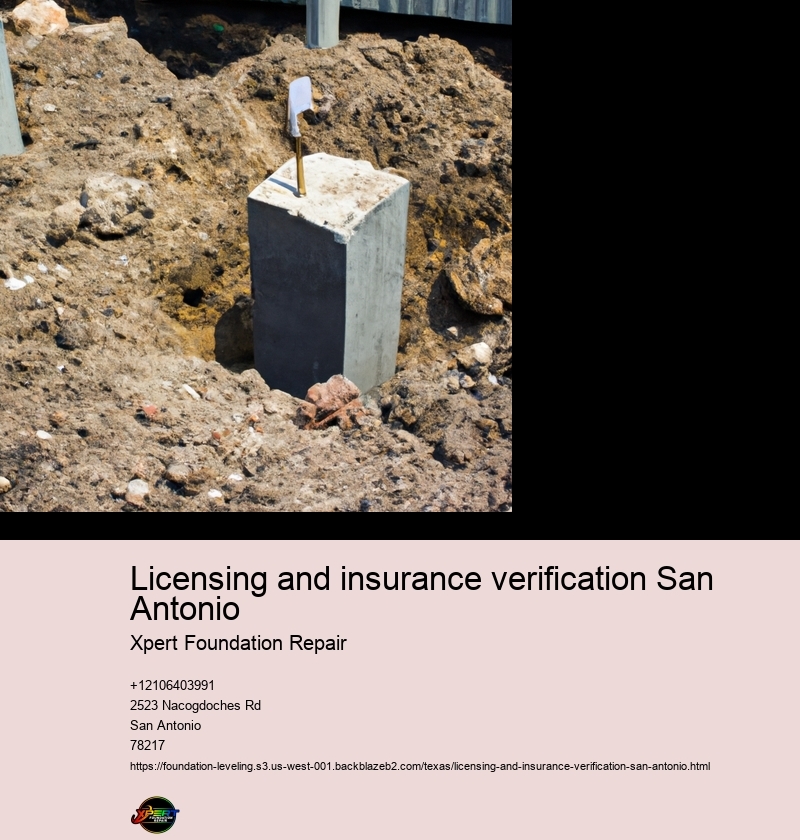Licensing and insurance verification San Antonio
Licensing and insurance verification are critical components of running a legitimate and safeguarded business or service in San Antonio, Texas. This essay will explore the importance of obtaining proper licensing, the process of verification, and how it impacts both businesses and consumers within this vibrant city.
San Antonio is renowned for its rich cultural history, bustling economy, and as a hub for various industries including healthcare, tourism, military, and energy. With such diverse economic activities taking place within its boundaries, it is crucial that companies operating in San Antonio adhere to specific regulations set forth by the city and state authorities to ensure they are legally recognized entities capable of delivering services or products to the public.
Obtaining a license in San Antonio involves several steps depending on the type of business one intends to establish. The process typically begins with registering your business name with Bexar County if you're planning to operate under a name other than your own. Following this initial step is determining what kind of licenses or permits may be required; this can range from a basic operational license to more specialized permits pertaining to health inspections if youre opening a restaurant or environmental clearances for construction-related endeavors.
The City of San Antonio provides resources through departments like Development Services that offer guidance and assistance through the application process for various permits needed to comply with local ordinances. Additionally, state agencies such as the Texas Department of Licensing and Regulation (TDLR) oversee professional licenses necessary for occupations ranging from electricians to cosmetologists.
Insurance verification ties directly into licensing because it serves as proof that a business is not only authorized but also capable of protecting its customers from potential liabilities. In many instances, before issuing or renewing a license, local authorities require evidence that an establishment has obtained adequate insurance coverage according to industry standards.
For example, contractors in San Antonio must show proof of liability insurance when applying for building permits. Similarly, auto dealerships are expected to carry dealer's insurance before receiving their operational licenses. The idea behind these requirements is simple: protection. Insurance helps mitigate financial risks associated with accidents or unforeseen incidents which might occur during normal operations thus offering peace of mind both for business owners and their clientele.
Verification doesnt stop at securing policies; it extends into ensuring those policies remain valid throughout the duration of operation. In some cases like healthcare providers participating in Medicare or Medicaid programsinsurance credentials must be routinely verified against government databases by third-party verifiers who specialize in compliance checks.
For consumers in San Antonio, knowing that businesses have undergone rigorous licensing and insurance verification processes means greater confidence in engaging with those businesses. It signals quality control measures are being practicedsince licenses often require ongoing education or recertificationand assures them theres financial recourse available should anything go awry due to negligence or malpractice on behalf of service providers.
In conclusion, licensing and insurance verification serve as pillars upholding integrity within San Antonios marketplace by fostering accountability among businesses while providing security blanket customers can rely upon when patronizing local establishments. As long as entrepreneurs recognize these protocols not as bureaucratic hurdles but rather essential aspects contributing toward sustainable success storiesthe commercial landscape will continue thriving under collective endeavors aimed at achieving excellence through compliance.
